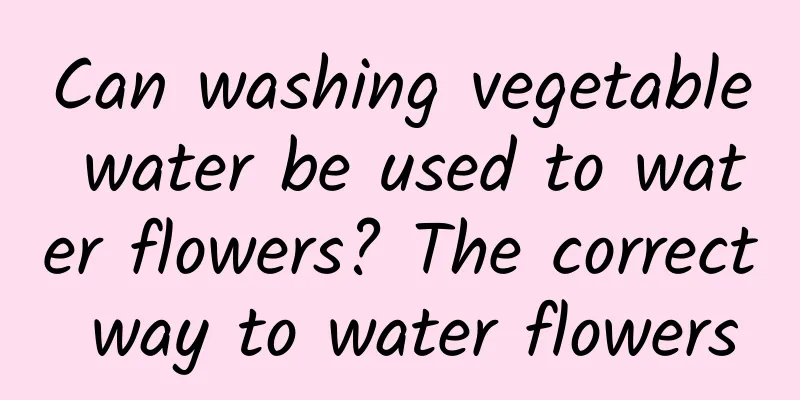Pomegranates bear fruit a few years after planting

Introduction to growing pomegranatesPomegranate prefers a warm, sunny environment. It is drought-resistant and cold-resistant, and has a wide adaptability to soil. However, it is best cultivated in loose, fertile, well-drained sandy soil. June is not suitable for planting pomegranate trees. The technology of transplanting pomegranate trees at this time is complicated and the survival rate is not high. They can be transplanted about a week after the leaves fall, or in March. Pomegranate is widely distributed in China and is grown in both the north and the south. It is particularly extensively planted in Jiangsu and Henan. Jiangsu also cultivates small-fruit pomegranates and crystal pomegranates. Pomegranate planting results after several yearsIf you use pomegranate seeds to plant, it will take 6-8 years of care before it can bear fruit. If you use fruit-bearing pomegranate branches for high-level layering planting, it will only take 3-4 years to bloom and bear fruit. Take out the seeds from the pomegranate, remove the pulp on the surface, clean the thin film on the surface of the seeds, and then soak them in clean water for about 6 to 10 days. Prepare the flower pots and soil in advance, soak the soil surface, and spread the seeds flat on it. They will take root and sprout in about 20-30 days, and then they can be transplanted. Why don't pomegranates bear fruit?If the pomegranate tree has been planted for about 5 years and still does not bear fruit, it is caused by poor management, mainly because of untimely disease and pest control, the leaves are eaten by pests, the tree does not store enough nutrients, the flower buds are poorly differentiated or undifferentiated, so there are no flowers to bloom, and of course no fruit without flowers. Pomegranate planting tips1. Light: Light and temperature will affect the formation of flower buds. Pomegranates need full-sun maintenance during the growth period, and flower buds can form faster in a sheltered, sunny, and dry environment. The suitable growth temperature is 15-20 degrees. The winter temperature needs to be above minus 18 degrees, otherwise it will be damaged by frost. 2. Water and fertilizer: Pomegranates planted in the ground need to be re-fertilized with organic fertilizer once a year. Potted plants need to be repotted every 1-2 years. Base fertilizer can be applied when repotting. Top dressing should be applied 3 to 5 times during the growing season. Weeds should be removed in time to keep the soil moist. |
<<: How to prune the fortune tree
>>: When is the best time to sow Nepeta
Recommend
How to plant golden thread lotus, pictures of golden thread lotus
1. Planting method 1. Site selection: It is not e...
How to prune small fruit trees
When to prune small fruit trees Generally, fruit ...
Can the crabapple be sprayed with water every day? What are the precautions for watering?
1. Is it possible to spray water every day? It is...
Eggplant seedling raising time and method
Spring is here and everything is reviving. Many p...
What should I do if garlic leaves turn yellow?
1. Loosen the soil Reason: If the soil for growin...
How to plant creeper and the harm of planting creeper
1. Planting method 1. Sowing method: After the fr...
Cycad propagation method
Seed propagation of cycads After collecting cycad...
The flower language and cultural significance of Chickweed
The flower language of Chickweed Longevity and he...
How to prune elm trees to make them look good, pruning methods for large and small elm trees
1. How to trim 1. Determine the shape: Before pru...
How to propagate heather
Seed propagation of Photinia Heather has many fru...
How to cultivate and care for Monstera in water
Method and steps for hydroponic cultivation of Mo...
Does Rieger Begonia prefer shade or sun?
Does Rieger Begonia prefer shade or sun? Begonia ...
What to do if Frost Morning withers
1. Caused by long-term lack of watering If you do...
Is Damascus rose edible?
1. Edible It is also known as the Turkic rose and...
How to trim the Yanrihui to look good
When is the best time to prune the Sunflower? It ...









